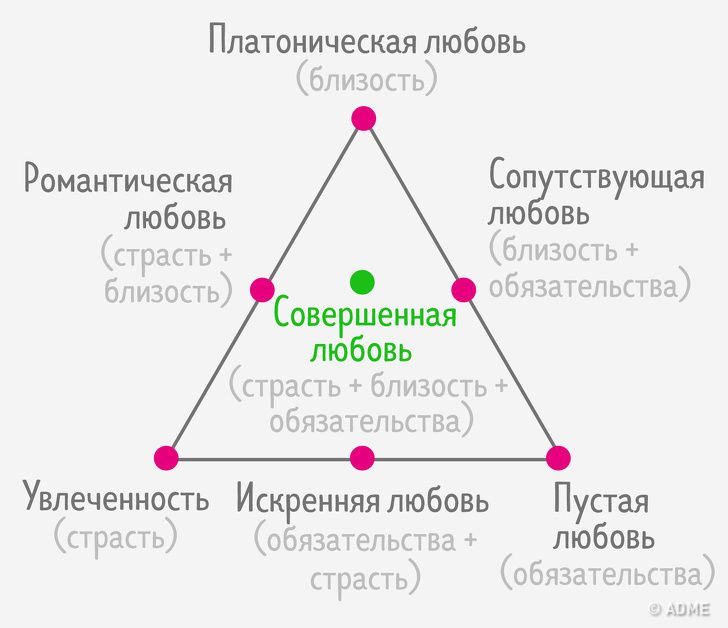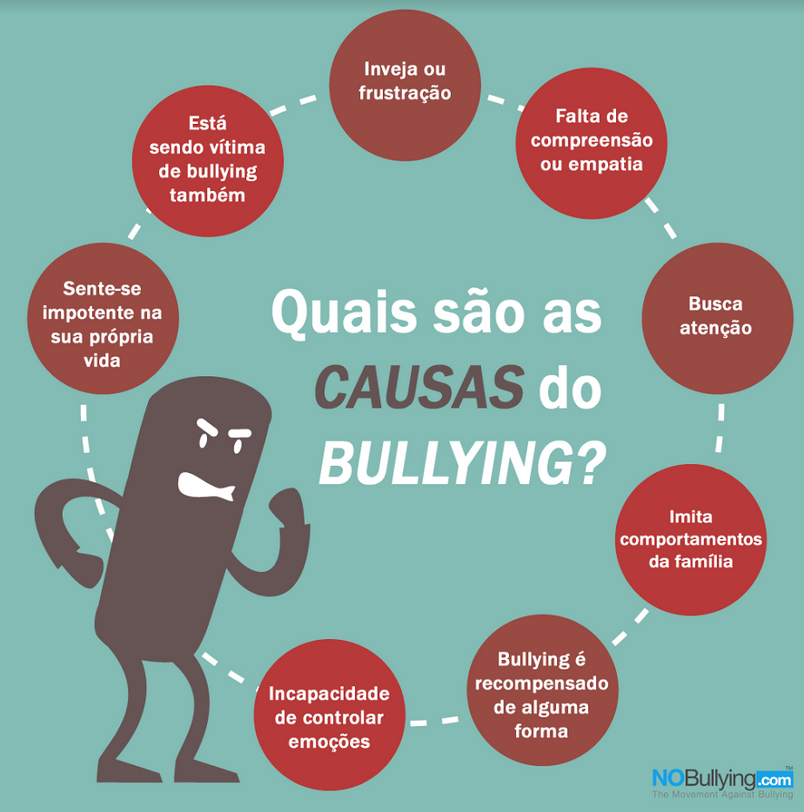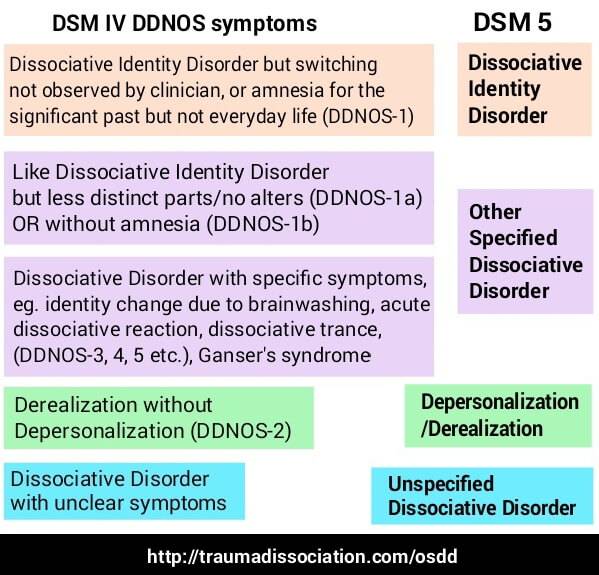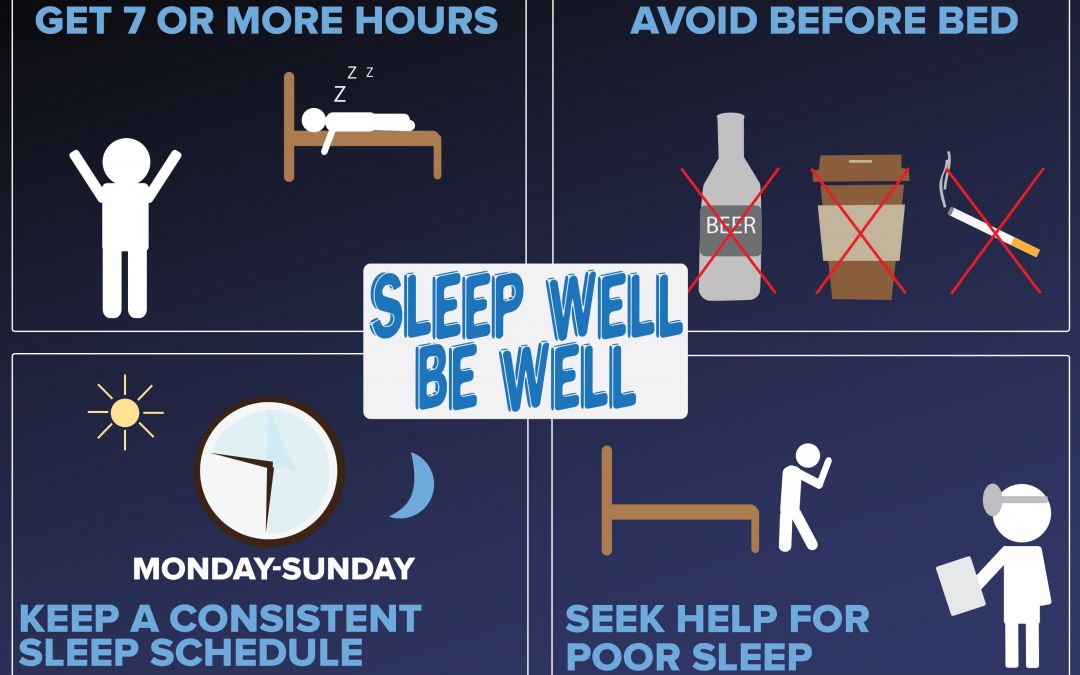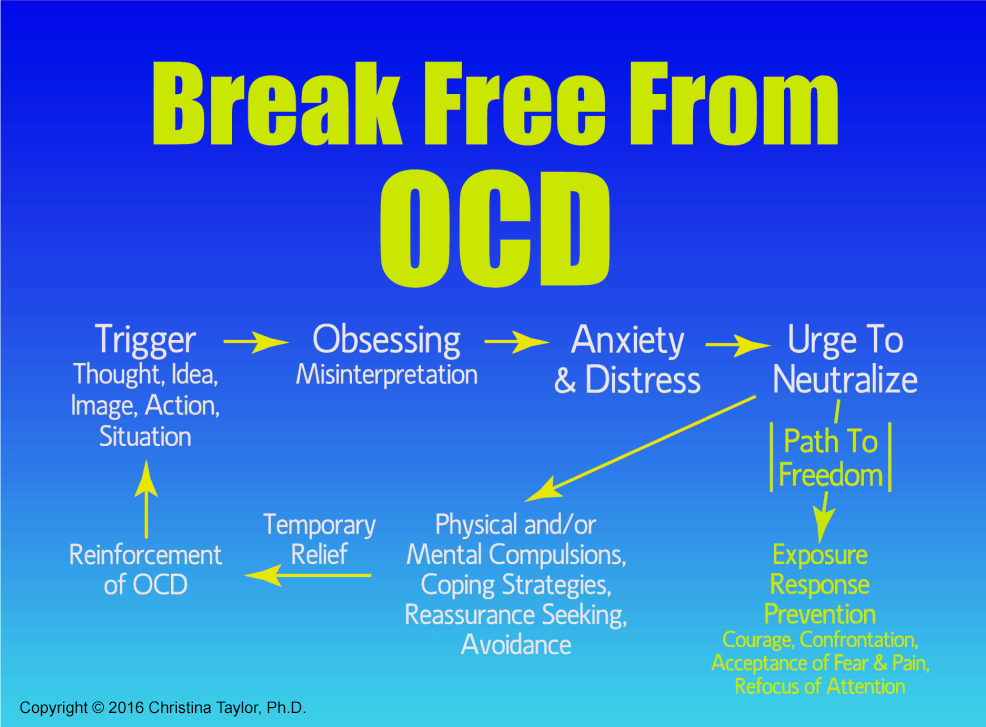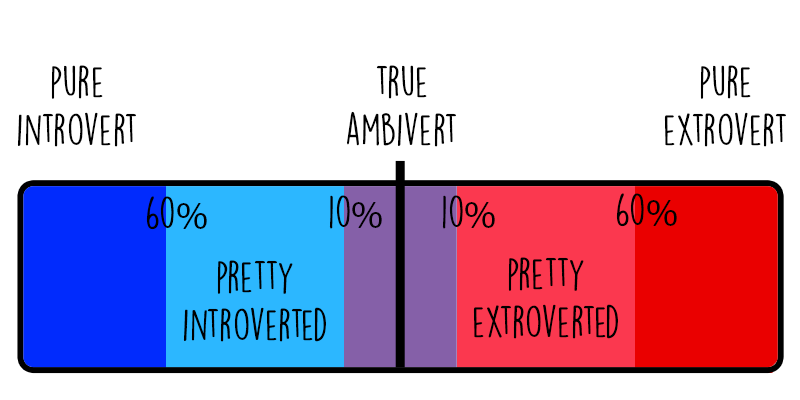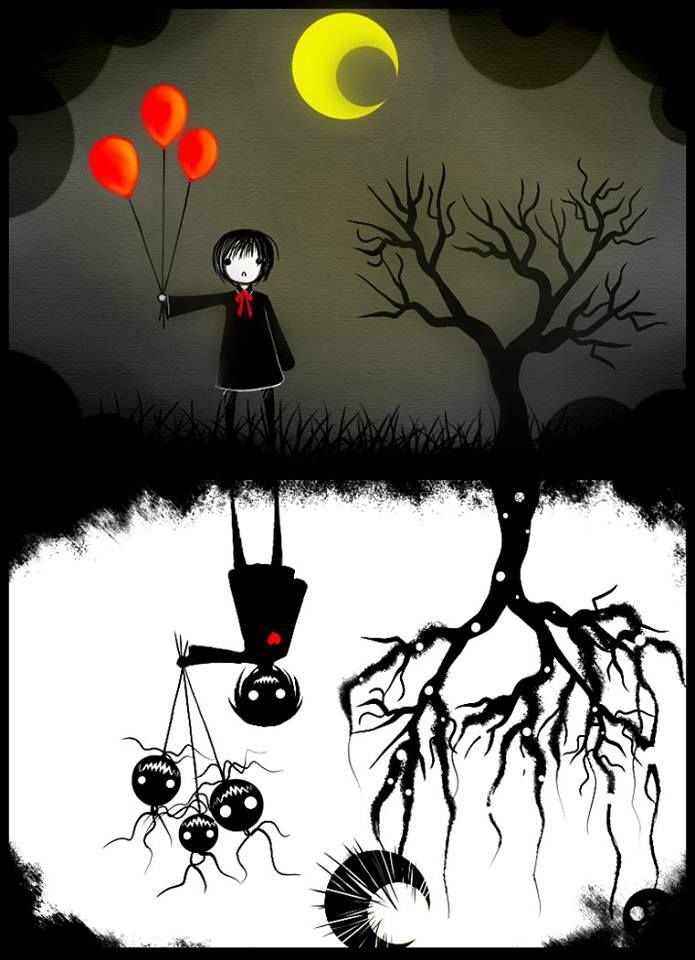Psychology of romantic love
The Psychology Behind Love and Romance
August 23, 2016 | Counseling and Psychology | South University
We spend our lives craving it, searching for it, and talking about it. Its meaning is felt more than it is clearly expressed. It’s called the greatest virtue.
It’s love.
Love is fascinating and complex. Romantic love, in particular, seems to be a beautiful mystery we find hard to explain.
Although poets and songwriters can put many of our romantic thoughts and feelings into words, love is so inexplicable we need the help of science to explain it. After all, psychologists have a lot to say about how and why people fall in love.
This is Your Brain on Love
During romantic love there are many changes that both men and women experience. It seems rather inaccurate to say “falling in love” because experiencing love is more of a high that puts people on cloud nine.
“The first step in the process of falling in love is the initial attraction,” says Elizabeth Kane, a South University adjunct faculty member who teaches clinical psychology and behavioral science. “It’s the powerful moment when we meet another person and feel energized and are immediately aware of our heart pounding.”
According to licensed psychologist Dr. Rachel Needle, specific chemical substances such as oxytocin, phenethylamine, and dopamine, have been found to play a role in human experiences and behaviors that are associated with love. They function similar to amphetamine, making us alert, excited, and wanting to bond.
It’s the powerful moment when we meet another person and feel energized and are immediately aware of our heart pounding.
“Falling in love is associated with increased energy, narrowing of mental focus, sometimes sweaty palms, light-headedness, racing heart, and a lot of positive feelings,” says Needle, an associate professor and coordinator of Clinical Experiences at South University, West Palm Beach.
In his book, The Brain in Love: 12 Lessons to Enhance Your Love Life, Dr.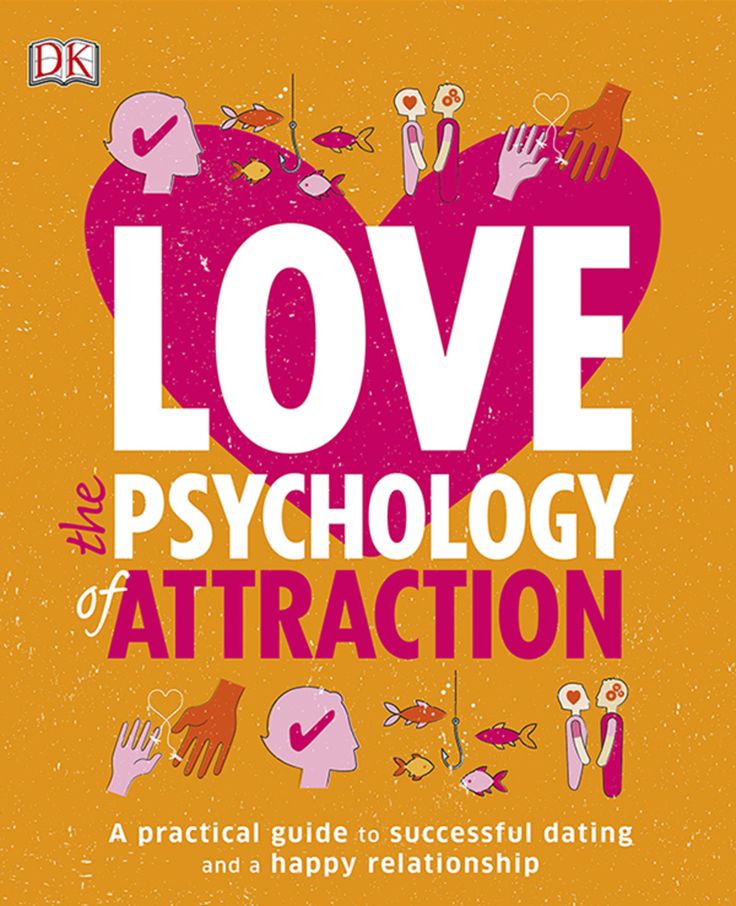 Daniel G. Amen says “that romantic love and infatuation are not so much of an emotion as they are motivational drives that are part of the brain's reward system.”
Daniel G. Amen says “that romantic love and infatuation are not so much of an emotion as they are motivational drives that are part of the brain's reward system.”
Kane agrees, saying that the human brain supports falling in love, which is why we have such a strong physiological response when we are attracted to another. Once a romantic couple begins to spend time together, they are in a sort of love euphoria.
“A person newly in love sees the world through the lens of love and most everything is tolerable and everything their partner does is delightful,” says Kane, who is also a marriage and family therapist.
According to the triangular theory of love developed by psychologist Robert Sternberg, the three components of love are intimacy, passion, and commitment. Intimacy encompasses feelings of attachment, closeness, connectedness, and bondedness. Passion encompasses drives connected to both limerance and sexual attraction. Commitment encompasses, in the short term, the decision to remain with another, and in the long term, the shared achievements and plans made with that other person.
“Romantic love evolves when one feels a sense of interdependence, attachment, and that their psychological needs are being met,” Kane says. “Some researchers say oxytocin plays a part in the evolution of romantic love as it is released in the brain during orgasm, which contributes to the couple’s ability to bond with one another.”
They Call Me Dr. Love
Understanding the psychology behind falling in love can also help therapists treat people dealing with heartbreak.
When a therapist understands the meaning that romantic love has in one’s life and the traumatic effects of the abrupt and sometimes unexpected end of a relationship, they can address their client’s ability to move on and strengthen their resiliency.
“Moving beyond the pain of a failed relationship requires a shift of focus back on one’s self and to their own unique ability to give and receive love,” Kane says. “When we understand how we fall in love, we can connect to the difficulties in moving forward after our heart has been broken. We can then connect again to the beauty of the experience and an optimistic understanding that if it has happened to us once that it can happen again to us.”
We can then connect again to the beauty of the experience and an optimistic understanding that if it has happened to us once that it can happen again to us.”
Needle says therapists need to understand each individual and how they fell in love and what they currently experience in terms of heartbreak in order to best help them work through that difficult time.
“A therapist can be helpful in supporting clients in understanding and learning from the past,” Needle states. “Many people choose similar partners from relationship to relationship, but are unaware of it, as well as why these relationships continue to lead to disappointment and not last.”
Keeping the Fires Burning
Some of us may have committed ourselves to the fantastical notion that romance is just an act of spontaneous combustion. But, Needle says it’s time to ditch the myth.
“Get rid of the myth that these things should just happen spontaneously and that there is something wrong with the relationship because you are not all over each other every minute, as when you began the relationship,” Needle says. “The truth is that you have to put in time and energy and make a conscious effort to sustain the relationship and the passion.”
“The truth is that you have to put in time and energy and make a conscious effort to sustain the relationship and the passion.”
Healthy relationships require regular communication, she adds.
“Basic communication with your partner on a daily basis is important to continue connecting on an emotional level,” Needle says. “Also, remind yourself why you fell in love with this person.”
Predictability can also dampen desires, so couples should strive to keep a sense of adventure and surprise alive in their relationships.
“Break the predictable pattern every so often,” Needle advises.
People can let their partners know how much they love them by the little things they do every day.
“To be romantic is to make a choice to wake up each day and ask yourself what you can do today to let your lover know they are adored,” Kane says. “Have fun in your romance and remember that the more effort you put into your romantic relationship, the more love you will receive in return. Be the partner that you seek and live a life filled with passion and romance.”
Be the partner that you seek and live a life filled with passion and romance.”
The Psychology of Love: Theories and Facts
Love has fascinated researchers for decades. We look at what experts have learned about the origins and psychology of love.
Love is a powerful, complex emotional experience that involves changes in your body chemistry, including your neurotransmitters (brain chemicals). It impacts your social relationships in varied ways, affecting how you relate to others around you.
There are many types — like the love you share with your partner, family, and friends — and each version you feel is unique. It can fill you with emotions ranging from joy to heartbreak.
Love is an emotion of strong affection, tenderness, or devotion toward a subject or object. When you love a person you experience pleasurable sensations in their presence and are sensitive about their reactions to you.
Research from 2016 points to neuropeptides and neurotransmitters as the source of love.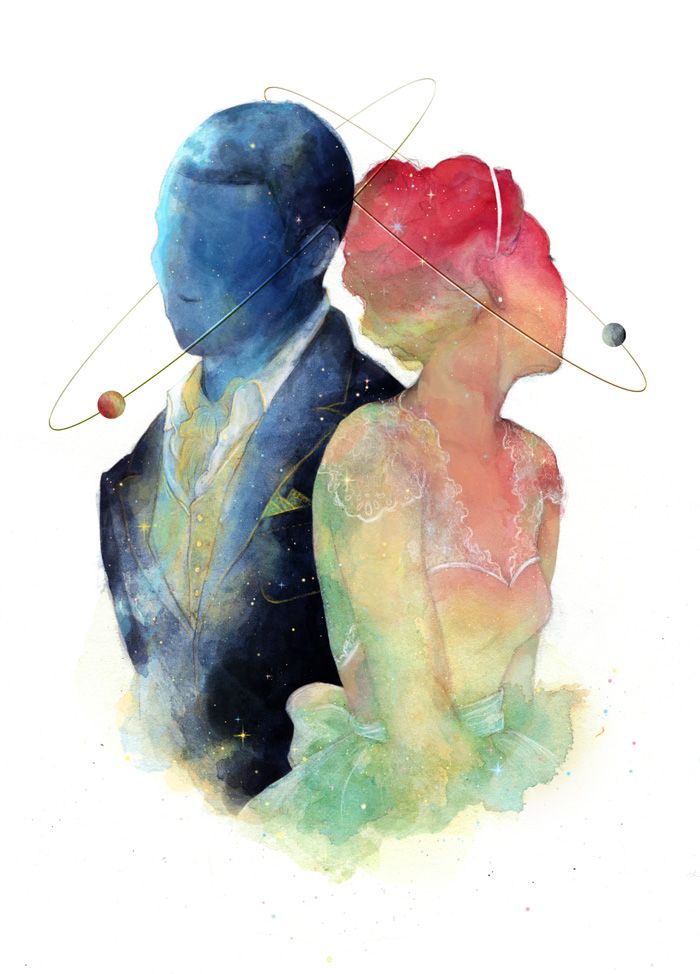 Feelings of love help us form social bonds with others. As social creatures, these natural chemicals developed to help us survive by encouraging:
Feelings of love help us form social bonds with others. As social creatures, these natural chemicals developed to help us survive by encouraging:
- mutual support
- reproduction
- cooperation
It seems like so much more, though. Calling love an interaction of brain chemicals doesn’t quite describe how it can warm your heart and captivate your soul.
Attachment is a component of love. Strong attachment bonds set mammals apart from many other types of animals, though other groups — including fish and birds — also form strong social connections to help them survive.
A 2017 review describes four types of mammalian attachment bonds as:
- pair bonds, where individuals form a close, long-term social connection
- bonds between parents and their infants
- bonds between peers
- conspecific bonds, or bonds between individuals of the same species
Most instances of human love fall into one of these categories. For example, the love you feel for a close friend could be classed as a peer bond.
A romantic relationship is a type of pair bond. It can start as mutual attraction and evolve into love over time.
When you like someone, you enjoy their companionship and care about their well-being. When you love them, those feelings are unconditional.
Physical effects of love
Love can do more than help you bond with another person. It can even impact your physical health.
Love may affect your immune system. A 2019 study found that falling in love resulted in immune system changes similar to protective viral infection responses.
It might also safeguard against cancer, according to a 2021 study that found tissue from pair-bonded mice was less likely to grow tumors than tissue from mice with disruptions to their pair bonds.
Can you control whether you fall in love?
You might feel like you have no control over the love you feel, but research says otherwise. Love is like an emotion that you can regulate by generating new feelings or changing the intensity of the feelings you have.
Emotional regulation strategies include:
- Situation selection: avoiding or seeking situations based on how they make you feel.
- Distraction: engaging in another activity to reduce the strength of your feelings.
- Expression suppression: hiding how you feel.
- Cognitive reappraisal: changing your thoughts so that your feelings can change.
So, if you’re disappointed because the love you feel isn’t reciprocated, you may be able to take your mind off it.
American psychologist Dr. Robert Sternberg theorizes that love is based on three domains:
- intimacy (emotional)
- commitment (cognitive)
- passion (physical)
Each domain represents a triangle corner in Sternberg’s triangular theory of love. The theory accounts for seven different kinds of love, based on which domains are involved. We look at these types of love below.
The seven kinds of love in Sternberg’s triangular theory cover a range of relationship types:
- Liking.
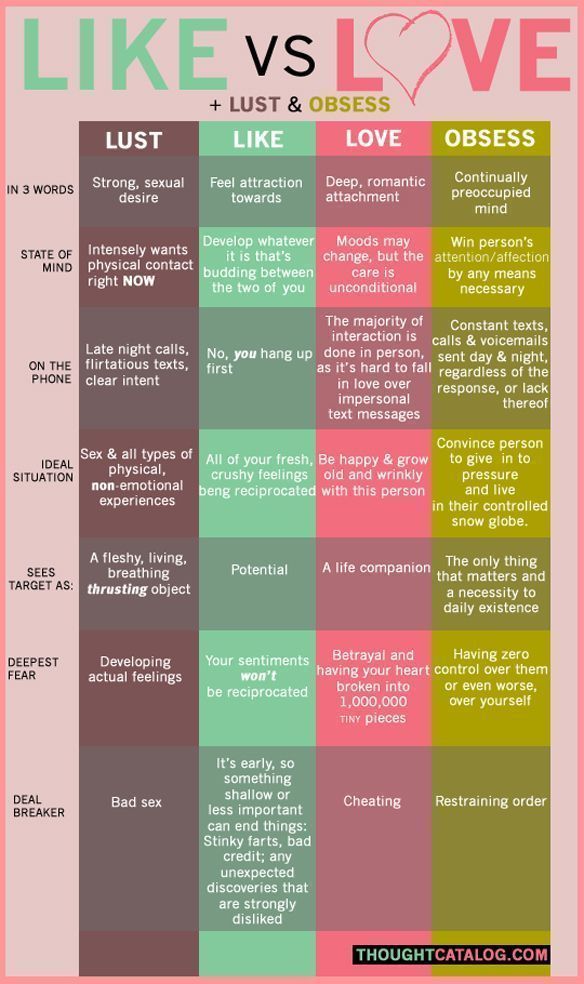 You share emotional intimacy, but there’s no physical passion or commitment. Friendship falls under this category.
You share emotional intimacy, but there’s no physical passion or commitment. Friendship falls under this category. - Infatuation. Passion is the key component of infatuation. If you’re physically attracted to another person but haven’t developed emotional intimacy or established a commitment, this is infatuation.
- Empty. What Sternberg calls “empty love” is a committed relationship that lacks passion or intimacy. Examples include an arranged marriage or a previously emotional or physical relationship that’s lost its spark.
- Romatic. When you’re romantically involved with another person, you share physical passion and emotional intimacy, but you haven’t made any long-term plans or commitments.
- Companionate. You are committed and emotionally connected, such as best friends or family. Marriages can also be companionate if the passion is gone, but you still share the commitment and emotional bond.

- Fatuous. If you’ve been swept up by passion into an engagement or marriage without emotional intimacy, this is fatuous love.
- Consummate. Consummate love is the goal for many when they envision marriage or a spousal partnership. This kind of love includes commitment, passion, and emotional intimacy.
Love comes in many forms. You can love more than one person simultaneously, in different ways.
Emotional intimacy is present in many relationships, but not all. The same is true for passion and commitment.
Attachment is another relationship element that may be present in love. Positive attachments are emotionally supportive and provide you with a feeling of security.
Psychology of love for life
The unity of strong love, sexual desire, and long-term attachment in a romantic relationship may seem like an illusion, but it is not as unusual and unattainable in marriage as we used to think.
“We were born to love,” writes anthropologist and author of Why We Love, Helen Fisher. “This feeling of elation, which we call romantic love, is deeply rooted in the mind. But can it continue? nine0003
“This feeling of elation, which we call romantic love, is deeply rooted in the mind. But can it continue? nine0003
Science says it can, and much longer than we think. Culturally, we tend to be rather cynical about romantic love (as opposed to passion and long-term commitment) that doesn't fade with time, overcomes obstacles, and for good reason. More than 50 percent of marriages end in divorce, with 2.4 million American couples divorced in 2012. And among those who have stayed together, marital dissatisfaction is common. nine0003
In long-term relationships between a man and a woman that develop successfully, love flows into partnership and relationships in a couple are more like friendship than love.
But no matter how cynical we are about the prospect of a lifetime of love, most Americans are still all for it. Romantic love is seen as an essential component in marriage. 91 percent of women and 86 percent of men reported that they would not marry a man they did not love, even if he (a) had all the qualities they wanted in a partner. nine0003
nine0003
This type of love is equally good for marriage and for our health. Relationship psychology research has shown that romance—free of obsession and passion in the early stages of falling in love—can and often does exist in long-term relationships, and this correlates with marital satisfaction, individual well-being, and self-esteem.
Although science gives us some insight into the psychology of love and the nature of romantic relationships, this fundamental area of human existence remains a mystery. Love, especially long-term love, has been called "one of the most studied and least understood areas in psychology." nine0003
At this point, there may be many more questions than answers, but nevertheless, we know that from a psychological point of view, love and marriage are good for physical and mental health. Psychologists who study love, marriage, and relationships have pinpointed a number of factors that contribute to long-term romantic love.
Six science-proven secrets for couples to keep their relationship romantic for decades and for life
Romance for life is possible
Despite the high rates of divorce, betrayal and dissatisfaction, not everything is so hopeless, on the contrary. In 2012, a study of couples who had been married for ten years, published in the journal Social Psychological and Personality Sciences, found that 40 percent of those surveyed said they were "very much in love." The same study indicates that among couples married for more than 30 years, 40 percent of women and 35 percent of men answered the same way. nine0003
But don't be so sure based on what these couples reported - neuroscience studies have proven that strong romantic love can last a lifetime.
In 2011, a study published in the journal Social Cognitive and Affective Neuroscience looked at which parts of the brain are activated in people in long-term relationships (married for an average of 21 years) and compared them with those people who fell in love recently. The results showed similar brain activity in both cases, with high activity in the brain area responsible for reward and motivation, predominantly in the dopamine-rich ventral tegmental area of the midbrain. This means that people can not only love each other for a long time - they can be in love with each other all the time. nine0003
The results showed similar brain activity in both cases, with high activity in the brain area responsible for reward and motivation, predominantly in the dopamine-rich ventral tegmental area of the midbrain. This means that people can not only love each other for a long time - they can be in love with each other all the time. nine0003
According to positive psychology researcher Adore Durayappa-Harrison, sustaining romantic love over the years has a positive effect on the brain, which understands and continues to develop love as a cognitive reward behavior. “The key to understanding how to maintain a long-term romantic relationship is to understand a little scientifically,” Durayappa wrote in Psychology Today. “Our brain views long-term passionate love as a purposeful behavior to achieve rewards. This reward may include reduced anxiety and stress, a sense of security, a state of calm and union with the other.” nine0003
They support the feeling of "blind love"
When we first fall in love with someone, we tend to worship the ground they walk on and consider them the most attractive, intelligent, and experienced person of all. And although we end up taking our partner off this pedestal after months or years of being together, maintaining a state of "blind love" is essential for a passionate and lasting relationship.
And although we end up taking our partner off this pedestal after months or years of being together, maintaining a state of "blind love" is essential for a passionate and lasting relationship.
The University of Geneva analyzed almost 500 compatibility studies, but could not even point out the combination of two personality traits in a relationship that would lead to lasting love, except for one. The ability to idealize and maintain a positive illusion about your partner - to see him as attractive, intelligent, funny and caring, or just catchy - allows you to remain satisfied with each other for almost any time. nine0003
They always try new things together
Boredom can be a major barrier to a romantic relationship, and happy couples find ways to keep things interesting. Psychological research shows that the couples who love each other the most are those who not only experience strong physical and emotional attraction, but also engage in new, challenging self-improvement activities together, reports Psychology Today.
“Out-of-the-box, provocative activity can awaken new uncharacteristic traits in a partner that are regarded as attraction, the return of the original spark,” writes Ami Gordan in Berkeley Science Review.
They avoid want by maintaining their own independence
According to psychologist and author of Mating in Captivity, Esther Perel, needing another person is the enemy of long-term desire (an important component of romantic love). In a popular TED conference, Perel asks, "Why does sexual desire tend to fade over time, even in great love?" nine0003
“The need and concern for a long-term relationship, which can easily lead to a partnership for security and stability, stifles the erotic spark,” Perel explains. “But if a couple can maintain their independence and watch their partner professionally do something on their own, then they continue to see each other in a new light.”
“When I observe that my partner is passionate about something on his own, I look at him and instantly change my perception,” Perel says, “we are open to secrets right in front of us . .. The most interesting thing is that there is no need for another person in desire. There is no concern in desire. So if you want to keep that spark going, give your partner the freedom to do what they're good at and don't miss the opportunity to see them in their element, radiant and confident." nine0003
.. The most interesting thing is that there is no need for another person in desire. There is no concern in desire. So if you want to keep that spark going, give your partner the freedom to do what they're good at and don't miss the opportunity to see them in their element, radiant and confident." nine0003
Their passion for life translates into relationships
Psychologists have found that a strong passion for life sustains passion in long-term romantic relationships. A 2012 study by Stony Brook University on personality traits that contribute to long-term passionate love found that people who care about everything life has to offer are more likely to succeed in romantic relationships.
“People who approach their lives with joy and intense excitement carry these strong feelings into their personal lives as well,” writes Susan Witborn, Ph.D. “If you want passion in a personal relationship, put that emotional energy into your hobbies, interests, even political activities. ” nine0003
” nine0003
They see their relationship as a path to fulfillment
While individuals view marriage in terms of security and protection, the social standard has shifted in such a way that more and more men and women enter into marriage in search of self-actualization and self-realization of the individual. Such a marriage can satisfy both spouses, but requires more investment of time and effort from each in order to be successful.
“The average marriage today is weaker than the average marriage of old in terms of satisfaction and divorce, and the best marriages today are much stronger in terms of satisfaction and personal well-being than the same marriages of old,” wrote Jay Finkel, assistant professor of social psychology, for The New York Times, describing the transition from "friendly marriages" to self-expression in marriage. We now view marriage as a vehicle for self-fulfillment rather than the fulfillment of our basic needs for survival and companionship. This new directive promotes lasting romantic love, the strength of which depends on how willing and able the partners are to invest in the relationship. nine0003
This new directive promotes lasting romantic love, the strength of which depends on how willing and able the partners are to invest in the relationship. nine0003
“As marriage expectations rose in Maslow’s hierarchy, the psychological payoff increased,” writes Finkel, “and achieving those outcomes began to demand something more from partners.”
Caroline Gregoire
The Cycle of Romantic Love - IRINA KAMAYEVA
In the best and classic textbook on sexology, Masters and Johnson proposed to consider love not only as a state, but also as a process of passing through certain phases. This approach allows us to understand why there are periods in our lives when we are simply unable to fall in love and it seems to us that we will never have love and relationships again. Based on the concept of the cycle, at this moment we are at some stage far from being ready for love. nine0003
Readiness for love
According to the authors of the concept, the state of readiness for love increases the likelihood of its onset. Several factors seem to be responsible for its onset.
Several factors seem to be responsible for its onset.
Desire love . If a person's idea of love is associated with something pleasant and good, enriching and ennobling, then he will strive for a relationship of love. If the relationship is associated in the representation of a person with limitations in various areas of life, and the state of being in love is regarded as a state of weakness and vulnerability, he will almost always avoid romantic relationships. nine0003
Desire for intimacy. This may be due to loneliness , envy of those who have love or a desire to experience this feeling again.
Sexual frustration also contributes to the emergence of readiness for love. Even in the presence of shallow sexual relationships, it is common for a person to seek deep relationships associated with feelings of closeness and support.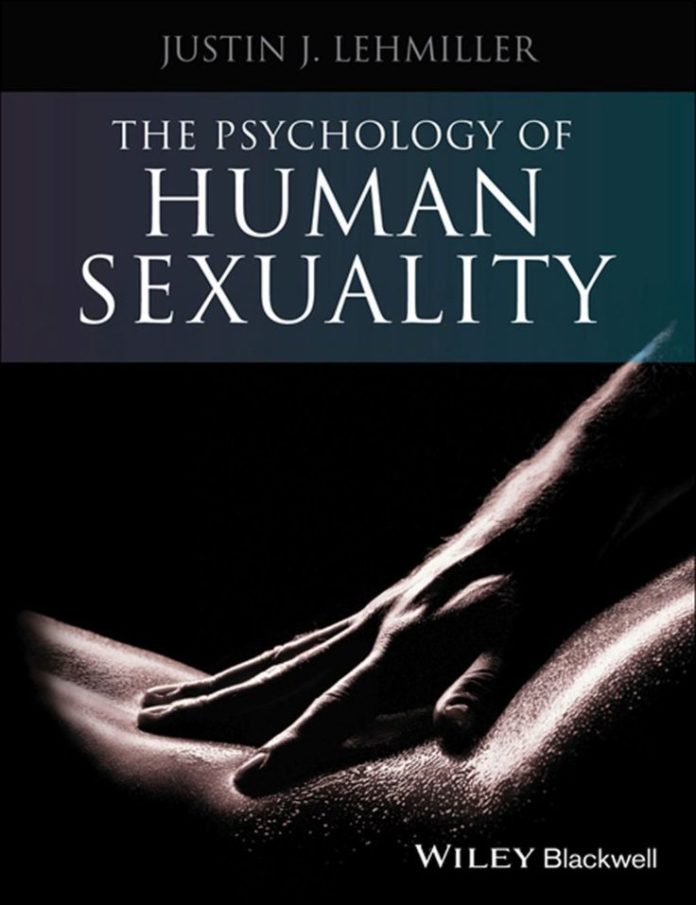 nine0003
nine0003
Hope to meet love in return. It is human nature to need to be the object of love, admiration, care and affection.
The origin of falling in love
What exactly excites love remains a mystery. There is flash love and love that people approach slowly and carefully. Love "at first sight" is rather rare, in contrast to love, in which the feeling gradually unfolds from a series of meetings, and physical closeness allows you to make sure that the partner is sexually attractive. nine0003
From myself, I note that people who are oriented towards love as a flash, as a strong, passionate and all-consuming feeling, often find themselves in a state of some kind of duality, when, already in a warm, supportive and calm relationship, they find themselves dissatisfied with them, still expecting to meet the object that arouses passionate and vivid feelings in them.
At the heart of all love, the authors of the concept clarify, is the desire to get to know a person as closely as possible and sexual desire.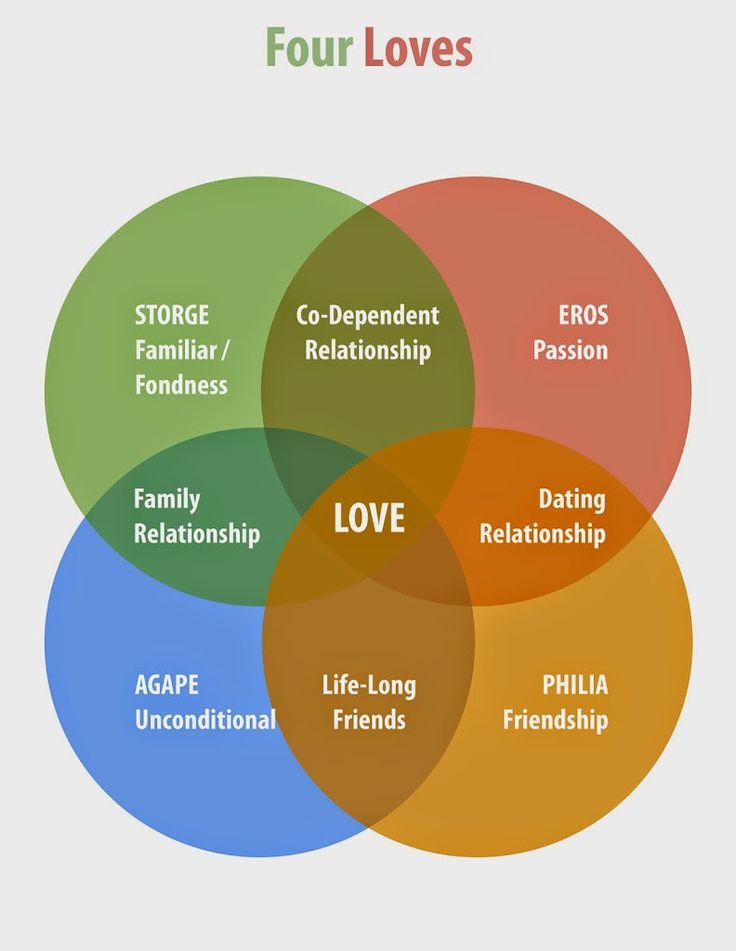 nine0003
nine0003
Being in love
The state of being in love does not depend on whether they reciprocate or not. This is an interesting phase, in which often even minor signs of attention to oneself can be interpreted by a person as a reciprocal feeling. For other people, the feeling of no response quickly subsides. Limerence - a state of acute love, in everyday life called passionate love - is the third variant of experiencing this phase. In all cases, sexual desire is strongly expressed, and its realization depends on the attitudes, stereotypes and moral ideas that guide a person. nine0003
Aviors of the concept claim that such a feeling can last a year or two, then turning into a strong relationship, which they call love-friendship, or disappearing.
Transitional stage
The main, decisive stage of love. The initial excitement and passion weaken, the idealization of the object of love is replaced by a realistic look, and boredom and irritation appear in the relationship.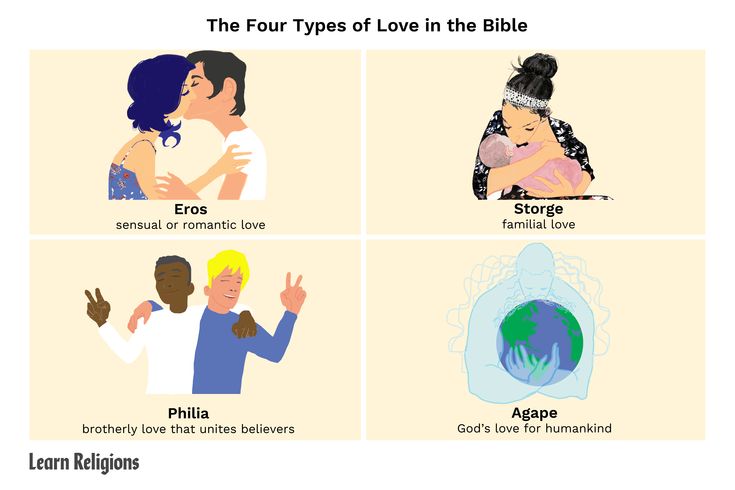 At this phase, we begin to understand that this is not the ideal relationship that we dreamed of, but that the neurosis that we hoped to heal with the help of a partner has remained with us. nine0003
At this phase, we begin to understand that this is not the ideal relationship that we dreamed of, but that the neurosis that we hoped to heal with the help of a partner has remained with us. nine0003
The partner's strength tests begin. It can be jealousy, a struggle for power, etc. The purpose of such checks is to make sure that the object of our love is stable, stable and will not go anywhere, keeping the world around us in its usual state. Getting stuck at this stage with an endless cycle of "reconciliation - conflict - reconciliation" robs people of the maximum amount of strength and energy.
There are two ways out of this stage - the end of the relationship or the transition to the state of love-friendship. nine0003
Love comes to an end
Is the end of love usually painful? The reason for this is that one partner is already ripe for parting and is ready to leave: and the second one still retains a feeling of love and affection, comforting himself with the hope that everything can still change.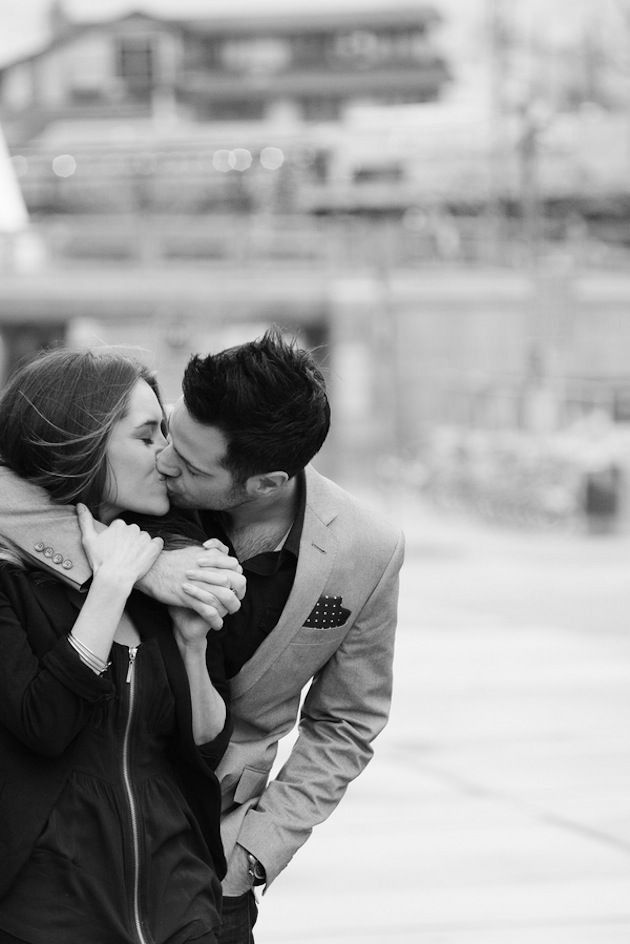 Experiencing normal grief over the loss of hopes or illusions may also be accompanied by aggressive or manipulative actions in an attempt to keep a partner. nine0003
Experiencing normal grief over the loss of hopes or illusions may also be accompanied by aggressive or manipulative actions in an attempt to keep a partner. nine0003
The end of love
Experiences of loneliness, normal regrets and mourning bring us back to a state of readiness for love.
Stuck on regrets, endless replay of dialogues, fantasies and ideas related to the departed love can speak of love trauma or the impossibility for some reason to accept the fact of parting.
Love is friendship
"The state of love-friendship is based on affection, trust, concern for each other and spiritual unity, and not on passion," the authors of the concept say. I would like to argue and offer as the ideal to which almost each of us aspires to a slightly revised idea - based on passion, sexual attraction and romantic attitude towards each other, adding attachment, trust, desire to take care of each other developed over time and a common a vision of a good future, leaving space for personal freedom and development, and for this reducing the exactingness of being constantly nearby and the desire to absorb, we will get those relationships in which we can be for a long time.